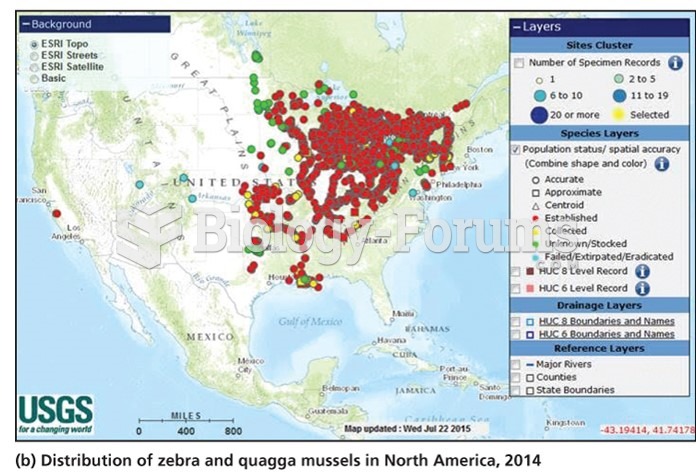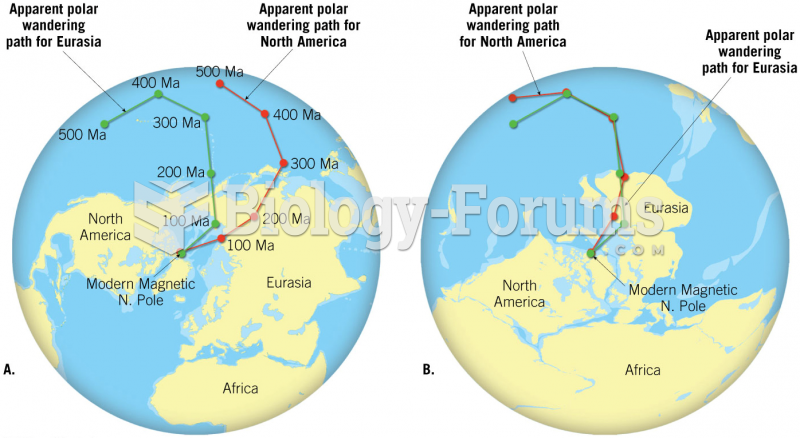Answer to Question 1
After a half century of war, people needed to process their experiences, leading to a postwar boom in the arts. In true existential fashion, artists needed to express the emotional and psychological consequences from seemingly chaotic brutality, as well as the theoretical advances in physics that called into question the nature of existence. These artistic explorations lead to many innovations in the arts. Many American artists, such as the composer John Cage, embraced the nature of chaos, basing their works on elements of chance and randomness.
In America, abstract expressionism embraced the role of chance with existential fervor; it also seemed resonant of the quantum physicist's description of the universe as a series of continuously shifting random patterns. The style ushered in the so-called heroic age of American painting. Jackson Pollock, with his unique style of action painting, said It seems to me, he observed, that the modern painter cannot express his age, the airplane, the atom bomb, the radio, in the old forms of the Renaissance or of any other past culture. Each age finds its own technique.
Further, as capitalism continued to emerge as a dominating force in American culture, architecture began to reflect its effects. International style skyscrapers became symbols of corporate wealth and modern technocracy. They reflected the materialism of the twentieth century as powerfully as the Gothic cathedral summed up the spirituality of the High Middle Ages.
Answer to Question 2
Existentialism examined the unique nature of individual experience within an indifferent universe. Focusing on matters of human freedom, choice, and responsibility, it rose to prominence through the efforts of the French left-wing intellectual Jean-Paul Sartre. Sartre's philosophy took as its premise the idea that existence precedes essence, that is, that one's material being exists prior to and independent of any intrinsic factors. Philosophers from Descartes through Kant followed the ancients by defending the notion that primary internal principles of being preceded being itselfa view that was metaphysically compatible with Christian theology. Sartre's premise challenged the fundamentals of this traditional philosophy.
Sartre offered that there is no preexisting blueprint for human beings, no fixed essence or nature. We are not imbued with any special divinity, nor are we (by nature) rational. We are neither imprisoned by unconscious forces (as Freud had held) nor determined by specific economic conditions (as Marx had maintained). Born into the world as body/matter, we proceed to make the choices by which we form our own natures. In Sartre's analysis, each individual is the sum of his or her actions; We are what we choose to be, he insisted. According to Sartre, without a religious or spiritual framework, the human condition is one of anxiety experienced in the face of nothingness and the inevitability of death. Such anxiety is compounded because we alone are responsible for our actions.







